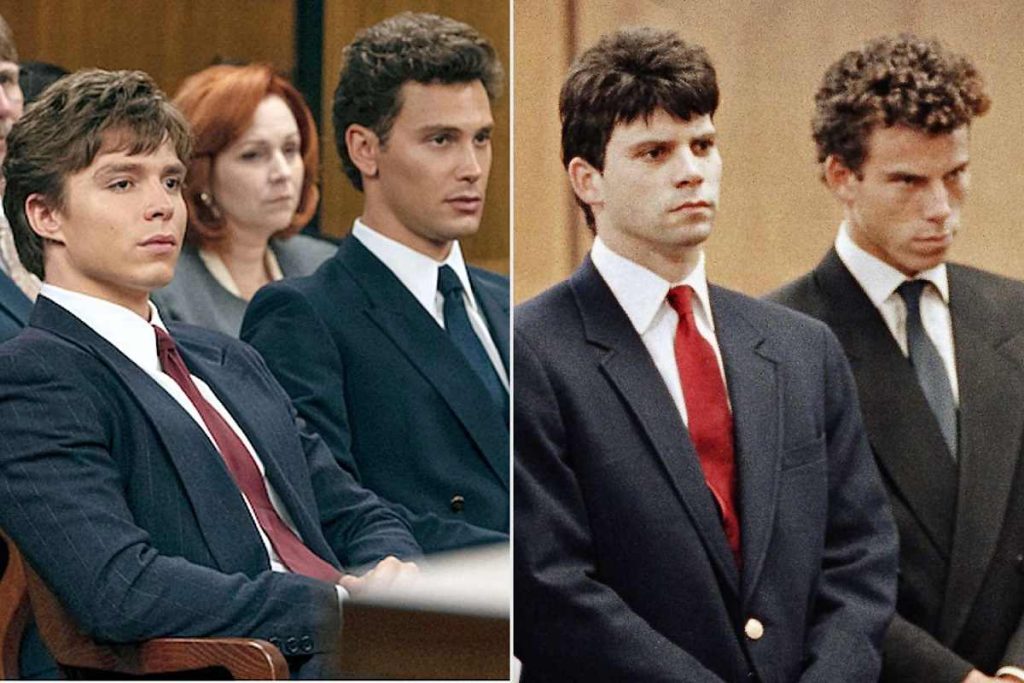
Lyle and Erik Menendez are infamous for the 1989 murders of their parents, José and Kitty Menendez, in their Beverly Hills home. The case became a media sensation, with many key aspects that shocked the public and sparked debate about family abuse, wealth, and justice.
The story has been adapted as the second part of Ryan Murphy’s Netflix anthology series Monster. Titled Monsters: The Lyle and Erik Menendez Story, the 9-episode series was released on Netflix on September 19, 2024, with actors Cooper Koch and Nicholas Alexander Chavez portraying Erik and Lyle, respectively.
The story of Lyle and Erik Menendez, who were convicted for the 1989 murders of their parents, José and Kitty Menendez, is both shocking and complex.
Here are five key lessons to learn from the world-shaking case:
1. The Impact of Family Dynamics and Abuse
- A central issue in the Menendez brothers’ defense was their claim of long-term sexual, emotional, and physical abuse by their father, José. They argued that the abuse led to fear and ultimately motivated the killings. The case highlights how family abuse, especially when unaddressed, can have profound psychological consequences and escalate into tragic outcomes.
2. Importance of Mental Health Awareness
- The brothers’ case underscored the importance of mental health in understanding violent actions. Many experts weighed in on how unresolved trauma and mental health issues might have played a role in the brothers’ psychological state at the time of the killings. This case brought attention to the necessity of seeking help and addressing psychological trauma before it reaches a breaking point.
3. Media Sensationalism and Public Perception
- The Menendez trial became a media circus, heavily covered by news outlets and talk shows. The media’s portrayal often sensationalized the brothers’ wealth and the brutality of the murders, influencing public perception and overshadowing more complex elements of the case, such as the alleged abuse. This shows how media can skew public opinion and the importance of not letting media narratives cloud critical thinking about real-life events.
4. The Complexity of the Legal System
- The trial exposed how the legal system handles cases involving claims of self-defense due to abuse. The first trial resulted in hung juries, largely due to differing opinions on whether the brothers acted out of fear or greed. The second trial, where the abuse claims were less emphasized, led to their conviction. The case shows how different legal strategies and interpretations can significantly affect the outcome of a trial.
5. The Role of Wealth and Privilege in Crime
- The Menendez family was wealthy and lived a life of luxury, which added another layer of scrutiny to the case. Critics argued that the brothers killed their parents for financial gain, given their lavish spending after the murders. This highlights how privilege can complicate perceptions of motive, as people are often quick to assume wealth as a factor behind violent actions.


